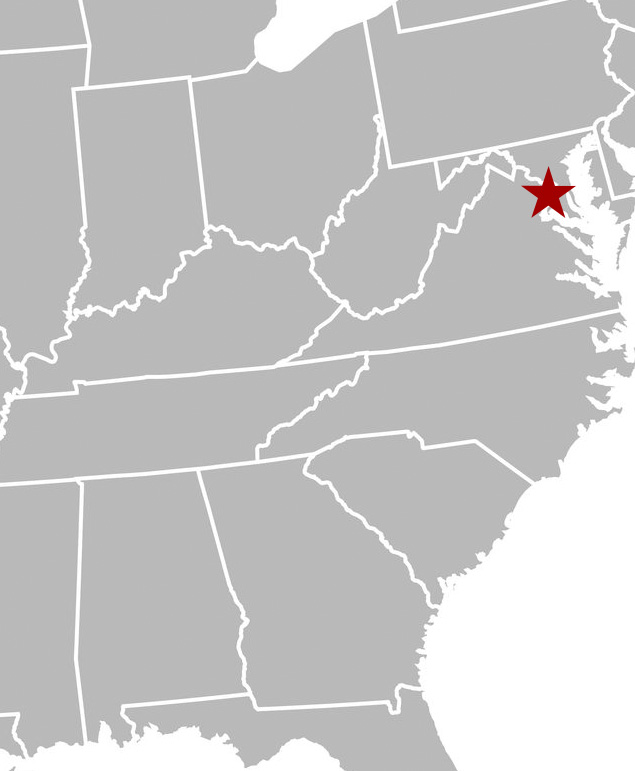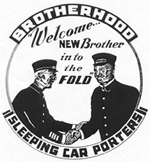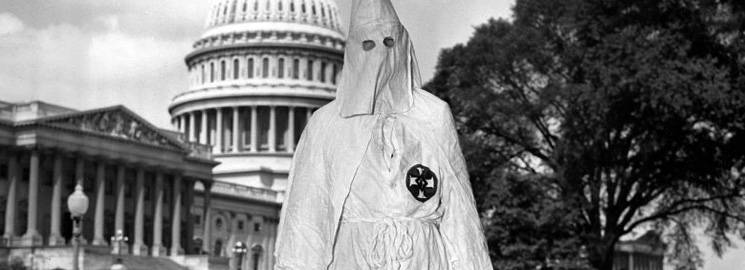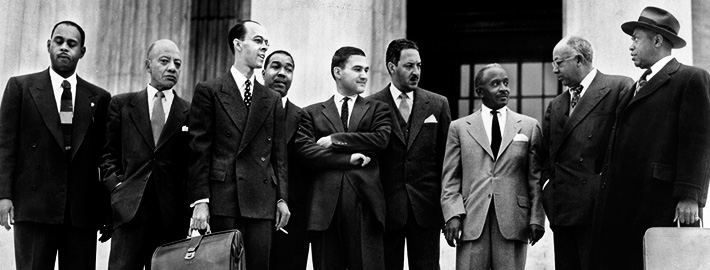American as Apple Pie (1940–1955)
How Segregation and Terror Lost

African Americans won Equality Under the Law only after long struggles turned the weight of public opinion and federal policy against the white terror that enforced segregation and subordination of minorities in the United States.
This program illuminates the mid-century battle for American hearts and minds with sounds and recollections by such remarkable participants as A. Philip Randolph and Stetson Kennedy, as well as the better-known contributions of Thurgood Marshall and Paul Robeson.
 In 1941 Randolph, head of the all-black Pullman Porters union, effectively pressured President Roosevelt to back fair employment practices nationwide by threatening a wartime March on Washington. His similar tactics later forced President Truman to order desegregation of the Army and the federal government.
In 1941 Randolph, head of the all-black Pullman Porters union, effectively pressured President Roosevelt to back fair employment practices nationwide by threatening a wartime March on Washington. His similar tactics later forced President Truman to order desegregation of the Army and the federal government.
When white resistance threatened a replay of the bloody “Red Summer” of 1919, journalist, investigator, and labor activist Kennedy, recalls broadcasting the Klan’s secret passwords on the Superman radio show, and wearing Klan robes into the U.S. capitol to embarrass the Committee on Un-American Activities.
American as Apple Pie: How Segregation and Terror Lost, 1940–54 explores how, despite ongoing white resistance, activists—both famous and obscure—blazed the path to change. The Supreme Court’s 1954 Brown v. Board of Education decision announced the end of America’s legally separate and unequal society—and the beginning of a new, and better known phase of the struggle for equal rights and participation in U.S. society.



